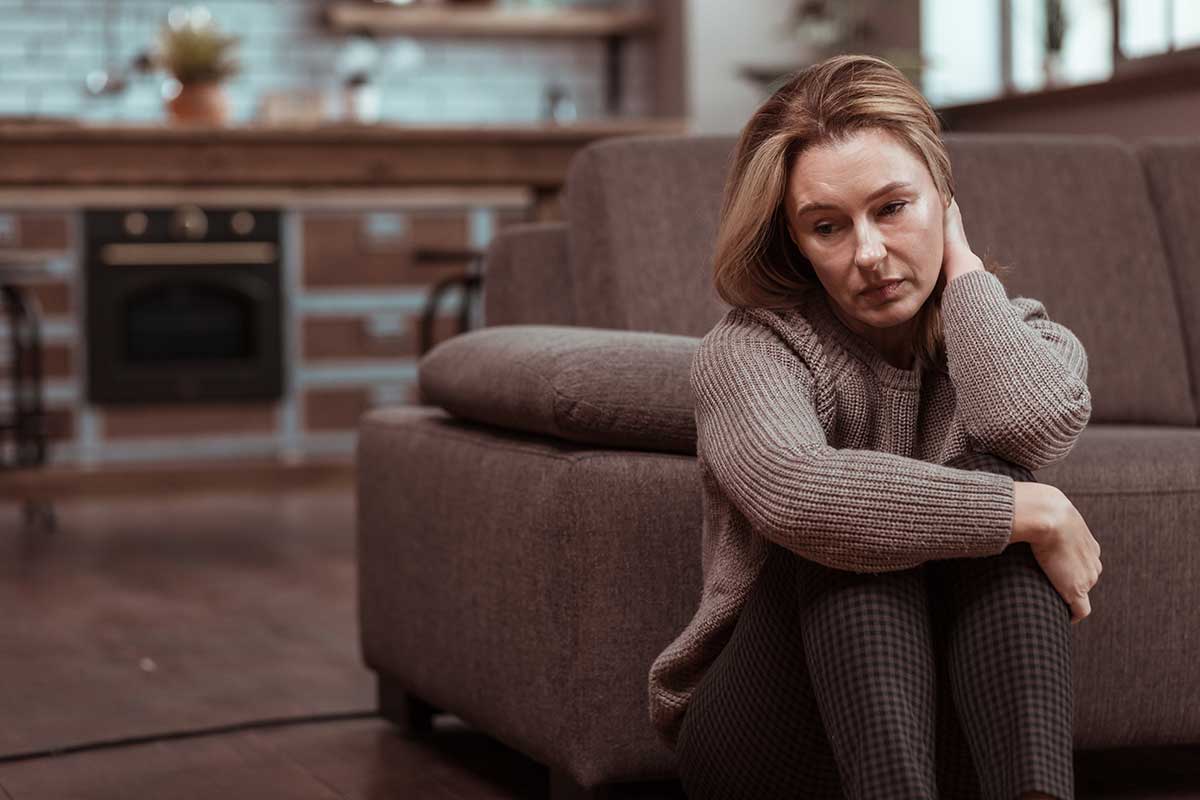The opiate addiction epidemic in Indiana has risen sharply in recent years. Increased opiate abuse not only ruins the addict’s life, but it can also devastate whole families. Indiana’s government has been implementing innovative strategies to tackle this crisis head-on.
What Are Opiates?
Opiates once referred exclusively to drugs derived from the opium poppy.
Today, opioids are a type of medication that targets opiate receptors on nerve cells in the brain and central nervous system. These prescription pain relievers include:
- Codeine
- Fentanyl
- Hydrocodone
- Morphine
- Oxycodone
- Vicodin
Prescription opiates are prescribed for chronic pain and are administered via injection or pill.
What Is An Addiction To Opiates
According to the American Society of Addiction Medicine, opiate addiction is a chronic relapsing disease where opiate addicts are trapped in a reward/relief cycle. Opiate addicts experience drastic withdrawal effects when they stop taking opiates.
Opiate addiction is a huge killer. Abuse of opiates, whether from heroin use or opioid prescriptions, can cause opioid poisoning. As opioids depress the central nervous system they can cause extreme drowsiness, slow breathing, and cause death.
How Does Someone Become Opiate-Addicted?
Opiates are highly effective at relieving chronic pain caused by injury or illness. When used correctly, prescription opiates relieve pain by suppressing the central nervous system. When abused, though, opiates induce a feeling of euphoria and well-being.
This euphoric feeling can be extremely addictive. Once the high wears off, opiate users experience a crash causing them to experience cravings for more of the high feeling. With this, a cycle of physical dependence ensues.
According to the Indiana government website, statistics show that 90% of opioid users start by taking recreational drugs.
As prescription opiates are so expensive, many opiate addicts ultimately turn to heroin as it’s far cheaper.
Crisis of Addiction In Indiana
Sadly, there is an undeniable opiate addiction epidemic in Indiana.
For starters, there’s been a massive increase in opioid poisoning deaths. In 2016 there were 757 opiate deaths. By 2019, this figure had risen to 1016 deaths, a staggering increase from 291 deaths back in 2008.
The sharp rise in opiate addiction is traced back to the increasing rates of opiate prescriptions by doctors. In January 2020, John Kapoor, owner of the opiate pharmaceutical company Insys, was jailed for 5 years for unethically encouraging doctors to prescribe opiates without warning them of the potential for addiction.
How Do You Treat This Type Of Addiction
When governor Eric Holcomb took his position, he pledged to tackle the opiate crisis head-on. He created the post of director of prevention, treatment, and enforcement of opiate addiction. Jim McClellan became director and developed recommendations with the Pew Charitable Trust.
The recommendations that arose from McClellan and Pew’s work included:
- Improving access to three medical-assisted treatment drugs: buprenorphine, methadone, and naltrexone.
- Adjusting policy to realistically meet the needs of opiate addicts who need access to drugs approved by the Food and Drug Administration. Many recovery houses would not permit the use of MAT drugs.
- Tackling the shortage of healthcare professionals skilled in treating opiate addiction.
- Expanding treatment to the under-served sectors of society like prisoners. Currently, prisoners who are eligible for Medicaid opiate treatment can receive medical-assisted therapy for up to 24 months.
- The Pew trust recommends trialing innovative approaches to the treatment of prisoners. Using technology, for example, to improve access to support through tele-navigation.
Community Education of Opiate
Governor Holcomb launched the Next Level Recovery website to raise awareness and signpost treatment avenues. The goal is to reduce the opiate crisis through cultural and therapeutic state-wide changes.
A powerful exhibition at Indiana Museum called ‘FIX: Heartbreak and Hope Inside Our Opioid Crisis’ aims to educate the community on how to deal collectively with Indiana’s Opiate Crisis.
The exhibition focuses on the therapeutic potential to create an environment of rehabilitation by reducing the stigma of opiate addiction. It acknowledges that a medical approach, rather than a punitive approach, has the potential to impact the crisis positively.
Reaching out and spreading awareness is a critical component of the opiate addiction strategy. The Indiana 211 website has been set up to provide people who are addicted to opiates information on the available treatment resources.
In December 2019, the Maternal Opioid Misuse Indiana Initiative (MOMII) received a grant of $5.2 million aimed at helping opioid-dependent pregnant women. The MOMII program seeks to reduce infant mortality and tackle the opiate crisis.
These initiatives provide hope to thousands of people struggling with opiate addiction in Indiana. It is possible to recover from opiate addiction as long as there is access to the resources needed for a successful, meaningful recovery.
Next Steps
If you’re in any way concerned about opiate addiction in you or a loved one, get in touch with our friendly team of experts at Landmark Recovery. Whether you need residential treatment or you find the idea of intensive outpatient therapy more appealing, call us today at 888-448-0302 and we’ll be delighted to help out.

Choose Recovery Over Addiction
We're here 24/7 to help you get the care you need to live life on your terms, without drugs or alcohol. Talk to our recovery specialists today and learn about our integrated treatment programs.






